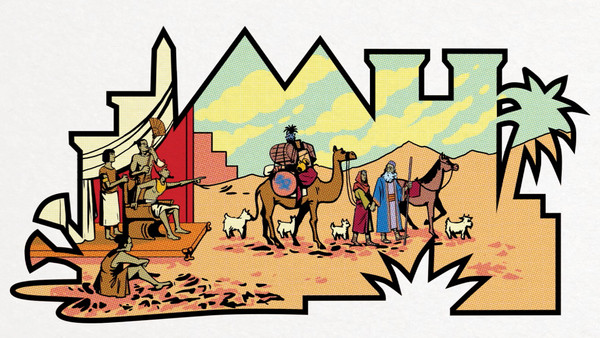
5:46

Every story takes place somewhere, and locations often have a special meaning evoked by past events in the same location. We call these locations settings, and biblical authors use settings to meet the reader’s expectations—and mess with them. When we pay attention to locations and time in biblical stories, we can unlock deeper layers of meaning.
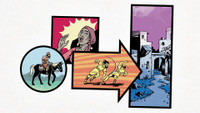
Episode 8
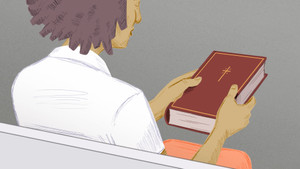
Episode 1
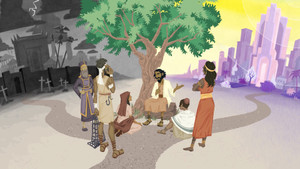
Episode 2

Episode 3
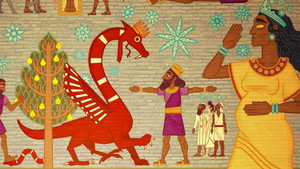
Episode 4
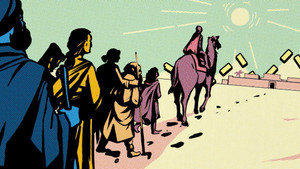
Episode 5
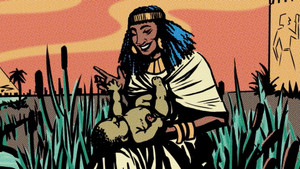
Episode 6

Episode 7

Episode 8

Episode 9
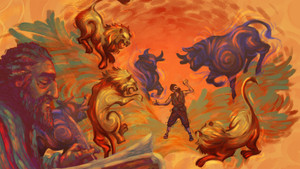
Episode 10
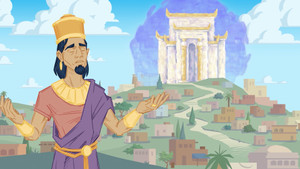
Episode 11
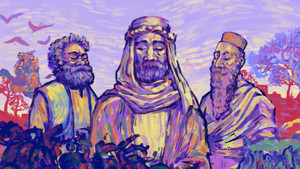
Episode 12
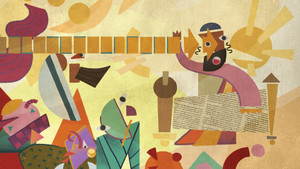
Episode 13

Episode 14

Episode 15
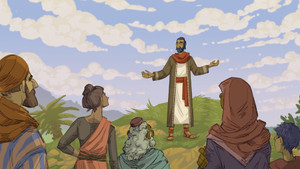
Episode 16

Episode 17
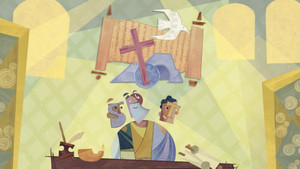
Episode 18
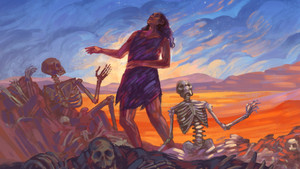
Episode 19